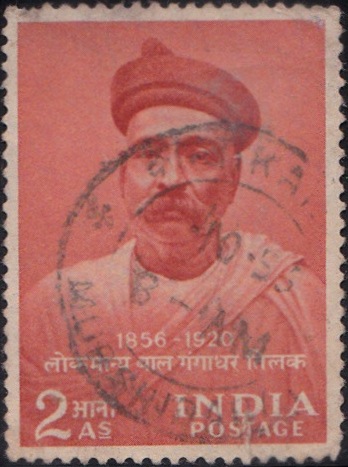
Bal Gangadhar Tilak
A commemorative postage stamp on the Birth Centenary of Lokmanya Tilak (1856-1920), an Indian Marathi nationalist and freedom fighter, ‘the father of the Indian unrest‘, part of Lal Bal Pal triumvirate :
 Issued by India
Issued by India
Issued on Jul 23, 1956
Type : Stamp, Postal Used
Colour : Chestnut
Denomination : 2 Anna
Name : Keshav Gangadhar Tilak
Born on Jul 23, 1856 at Chikhali, Ratnagiri district, Bombay State, British India [now in Maharashtra]
Died on Aug 1, 1920 at Mumbai, British India [now in Maharashtra]
About :
- Bal Gangadhar Tilak was for over a quarter of a century the ideal of his followers, the idol of the masses and the dread of his opponents. Born one year before the Great Revolt of 1857, he was the most outstanding among the pioneers of India‘s freedom struggle, and one who did not rest or let the alien Government rest till it was won. Finishing his studies in 1879, he spurned the security of government employment and took instead to public service. He founded the Kesari and the Mahratta, outstanding examples of his virile journalism in the vernacular. As he made Marathi an apt vehicle of his sagacity and subtlety, so he imparted to polemics in Western India the bold sweep, exalted aspirations and unflinching and unalloyed directness, which were his own characteristics in public life. Trained in a hardy school and master of the art of controversy, Tilak soon became the focal point of national resistance. No wonder that he was marked down for the special attention of the British Government of the time. Surendranath Banerjee‘s description of him as ‘India’s Man of Sorrows‘ fitted him well.
- In 1897, he was tried for sedition and sentenced to eighteen months’ imprisonment. That orientalists and scholars of the eminence of Max Muller and Weber carried on a campaign for his release was but a proof of the esteem and admiration which Tilak had won among the scholars of the world by his researches into the Vedas and by his books : the Orion and the Arctic Home of the Vedas. Again in 1908 he was awarded six years transportation in far-off Mandalay. His intellectual alertness, born of a fine restlessness of the soul, gave him no idle leisure even in confinement and he produced in jail the magnificent Gita Rahasya which reached the excellence and high water-mark of scholarship in a difficult field. On his release, Tilak again threw himself, heart and soul, into the freedom struggle and organised the Home Rule Movement in collaboration with Dr. Annie Besant. It was at this time that he gave the nation his slogan : SWARAJ IS MY BIRTH-RIGHT AND I WILL HAVE IT.
- This great son of India strode the critical political scene of his day like a Colossus, inspiring great devotion among his countrymen and awe among his opponents. He served the country manfully to the day of his death, even to the point of virtual martyrdom.
- There can be no better measure of Tilak‘s claim to the grateful homage of his countrymen in a free India than what Mahatma Gandhi, the Father of the Nation, had to say of him soon after his death :
“My strongest bulwark is gone…. A giant among men has fallen. The voice of the lion is hushed…. No man preached the gospel of Swaraj with the consistency and the insistence of Lokamanya…. In the battle for freedom he gave no quarter and asked for none…. He will go down to the generations yet unborn as a maker of modern India.”


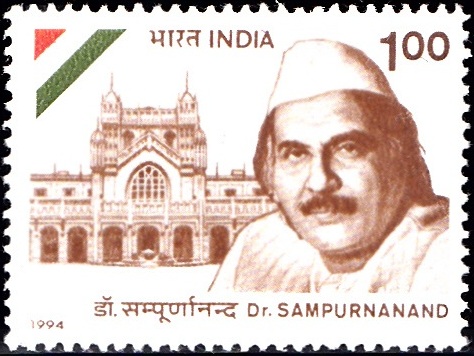
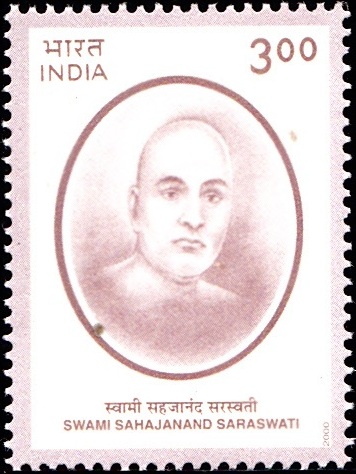
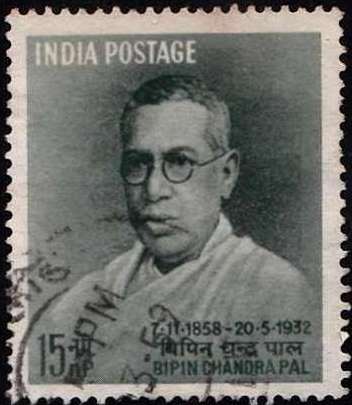
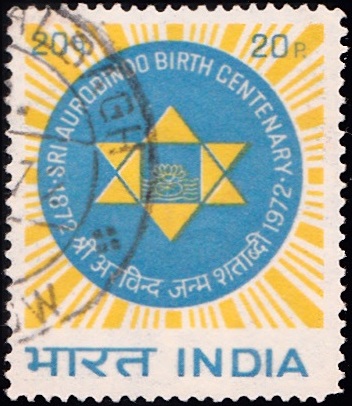
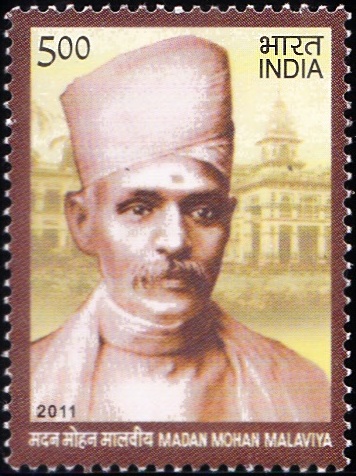
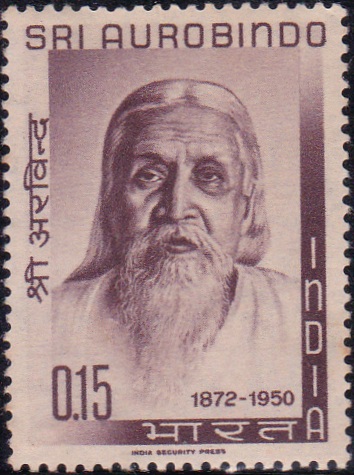
[…] Tripathi (1899-1959) who hailed from Unnao in Uttar Pradesh was influenced by the fiery speeches of Lokmanya Tilak to join the struggle for Freedom. His participation in the ‘Salt Satyagraha‘ led to […]
[…] teeming with devotees, spiritual seekers, mendicants of different religions and celebrities like Shri Bal Gangadhar Tilak. Shirdi Sai Baba, the ‘Sadguru’ to the Hindus and a ‘Fakir’ (dervish) to the Muslims, was […]
[…] Deshmukh became inspired by Lokamanya Tilak and his nationalist ideology. He was also in close association with eminent leaders such as Dr. […]
[…] Godrej initiated the concept of trusteeship of wealth in 1921 by donating Rs. three lakhs to “Tilak Swaraj Fund”. Godrej became the harbinger of enlightened industry in India by laying the […]
[…] by Bal Gangadhar Tilak and Aurobindo, Ramalingam entered politics as an extremist but later became an ardent follower of […]
[…] the thoughts of nationalistic leaders Shri Lokmanya Tilak and Mahatma Gandhi influenced him greatly, urging him to offer his services to his nation rather […]
[…] a young man, he met Lokmanya Tilak in 1902 at Morris College, Nagpur and was greatly influenced by his nationalist thought which […]
[…] such as Rabindranath Tagore, Bal Gangadhar Tilak, Motilal Nehru, Dr. Annie Besant, Sarojini Naidu, Tej Bahadur Sapru etc. visited this school and […]
[…] eye to Release, moksha, and as to the true duty of human beings in worldly life.“ — Lokmanya […]
[…] took an active part in the freedom struggle and he was close friend of dynamic leaders like Bal Gangadhar Tilak and Bipin Chandra Pal. After his return from the Surat Congress in 1907, he became a hardliner in […]
[…] liberals. The tide had already begun to turn with the initiative taken by leaders like Bal Gangadhar Tilak who were not content with playing a passive role in the quest for freedom. When the nationalist […]
[…] in various walks of life. They include Sir Ramkrishna Gopal Bhandarkar, the celebrated Indologist, Lokmanya Bal Gangadhar Tilak, the great nationalist leader, Gurudev Ramchandra Dattratraya Ranade, the eminent philosopher, […]
[…] Rasul Kurban Hussain was born into a family of frame makers. Lokmanya Tilak and Mahatma Gandhi were his inspiration. He was committed to the five principles: freedom, […]
[…] when opinion in the party was split between the moderates and extremists. Naoroji was a mentor to Bal Gangadhar Tilak, Gopal Krishna Gokhale and Mohandas Karamchand Gandhi. He was married to Gulbai at the age of […]
[…] Shankaracharya’s brilliance and eloquence and became his ardent follower. He was also inspired by Lokmanya Bal Gangadhar Tilak who ignited the flame of rebellion against the British in his tender heart. The atrocities of the […]
[…] and employment for youth. He read a paper ‘Kantharodh‘, reacting to the arrest of Bal Gangadhar Tilak in […]
[…] patriotic fervor. He was deeply influenced by the ideology of Mahatma Gandhi, Madan Mohan Malviya, Lokmanya Bal Gangadhar Tilak, and Motilal […]
[…] and collection of books by Indian authors for his personal library. He condemned the arrest of Lokmanya Tilak in 1908 and vigorously protested against the Jallianwala Bagh massacre in 1919. He hailed the unity […]
[…] came in close contact with the National Leaders such as Lala Lajpat Rai, Lokmanya Tilak, and Mahatma Gandhi and was able to enlist their support for his own cause, – the […]
[…] year 1885. The Society itself was founded by the stalwarts of the Indian Freedom Movement – Lokmanya Tilak, Gopal Ganesh Agarkar, Vishnushashtri Chiplunlar and Madhavrao Namjoshi. The first two were also […]
[…] the same school. He worked in several companies run by the English, but inspired by the ideals of Bal Gangadhar Tilak and the prevailing nationalist sentiments, he gave up his job and joined the freedom struggle. For […]
[…] The life of Vinayak Damodar Savarkar is a story of resistance, strife, struggle, suffering and sacrifice for the cause of political, social and economic emancipation of India. V.D. Savarkar was born on 28th May, 1883 at Bhagur a village near Nasik, in a family of Chitpavan Brahmins, a community which has produced noted revolutionaries like Nana Sahib (of 1857 fame) and Lokmanya Tilak. […]